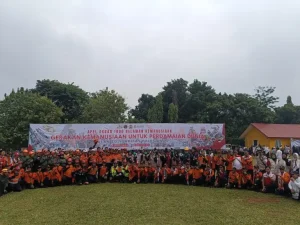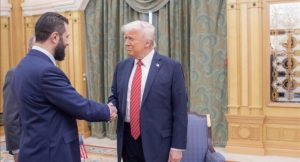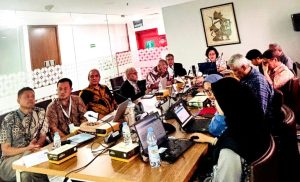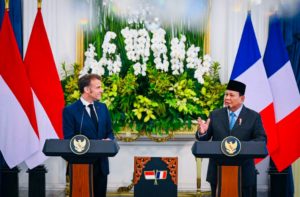Riyadh, 20 Jumadil Awwal 1436/11 March 2015 (MINA)– Outlining Saudi Arabia’s foreign policy, the country’s monarch says the right of the Palestinians to a state tops Riyadh’s demands.
King Salman bin Abdulaziz Al Saud defined his domestic and foreign policy on Tuesday at his first major speech since ascension to the throne after the death of his brother King Abdullah in January.
“Defense of Arab and Islamic causes, and in the first place the right of the Palestinians to a state with Jerusalem (al-Quds) as its capital, will remain at the top of Saudi Arabia’s demands,” Salman said, Press TV quoted by Mi’raj Islamic News Agency (MINA) as reporting.
Palestinians are seeking to create an independent state on the territories of the occupied West Bank and the besieged Gaza Strip with East al-Quds (Jerusalem) as its capital.
Also Read: UNIFIL Condemns Israeli Tank Fire Targeting Peacekeepers in South Lebanon
Israel occupied the territories during the Six-Day War of 1967. Tel Aviv conducted a self-proclaimed withdrawal from Gaza in 2005, but its forces have been carrying out regular deadly forays into the sliver ever since the pullout.
Saudi Arabia credits itself as one of the largest providers of aid to the Palestinian people. Since 2002, it has given more than USD 480 million in monetary support to the Palestinian Authority, and has supported Palestinian refugees by contributing to the UN Relief and Works Agency (UNRWA).
However, analysts have accused the kingdom of offering half-hearted support for the Palestinians and questioned Riyadh’s firmness in siding with them in the face of Israeli atrocities.
In 2004, reports citing unidentified US and Israeli intelligence officials indicated that Saudi funding for the Palestinian resistance movement of Hamas had been curtailed and replaced by other regional sponsors.
Also Read: Israel Fires on UNIFIL Peacekeepers in Southern Lebanon
Following the death of Saudi Arabia’s former head of state, Palestinian President Mahmoud Abbas declared three days of mourning and traveled to the kingdom to express his condolences.
Cushioning oil downfall
Salman also said during the address that Saudi Arabia was trying to minimize the impact of plunging oil prices on its economy.
“The low prices witnessed by the oil market are having an effect on the income of the kingdom. However, we are working towards minimizing the impact on development,” he said.
Also Read: British Activist Nears End of 6.5-Month Walk From UK to Istanbul to Support Palestinians
The international prices of oil started to decline from about USD 100 per barrel in June 2014 due to several crucial factors including excessive production from US shale projects and sluggish global demand.
The free fall of the prices even deteriorated after the Organization of Petroleum Exporting Countries (OPEC) decided in November 2014 not to reduce output. (T/P010/R04)
Mi’raj Islamic News Agency (MINA)
Also Read: Türkiye Urges Israel to Match Hamas’ Constructive Steps Toward Permanent Gaza Ceasefire




































 Mina Indonesia
Mina Indonesia Mina Arabic
Mina Arabic